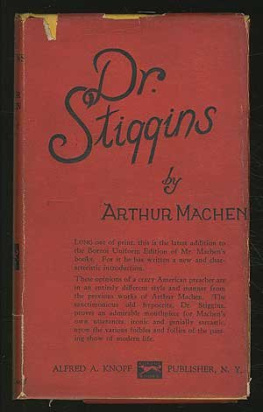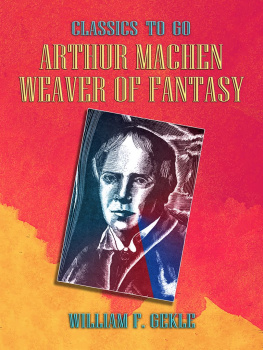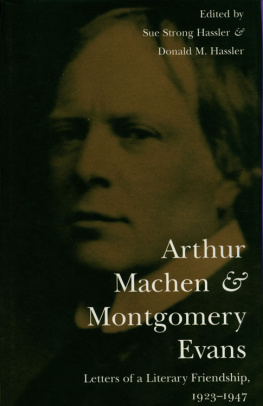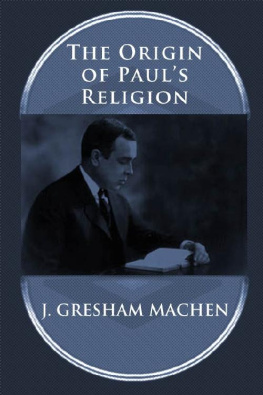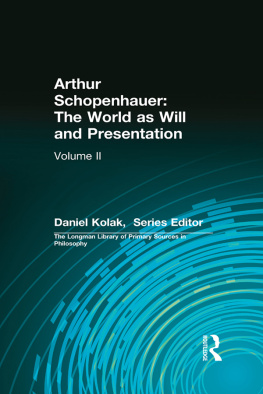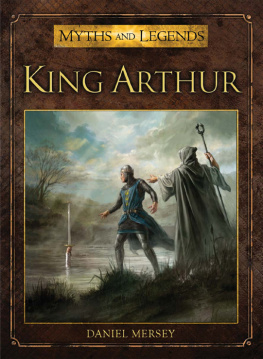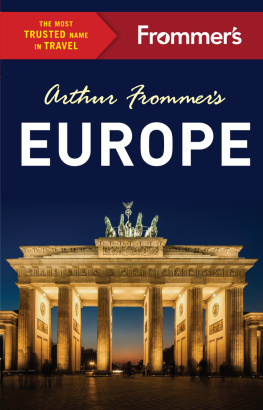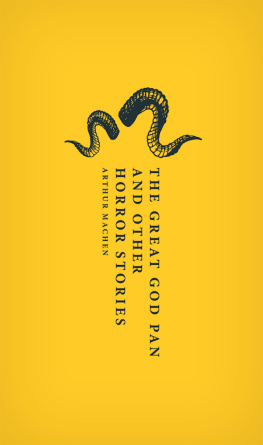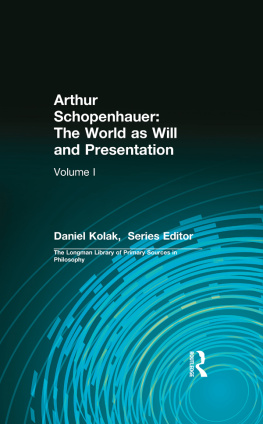Dr Stiggins - Arthur Machen
Here you can read online Dr Stiggins - Arthur Machen full text of the book (entire story) in english for free. Download pdf and epub, get meaning, cover and reviews about this ebook. genre: Art. Description of the work, (preface) as well as reviews are available. Best literature library LitArk.com created for fans of good reading and offers a wide selection of genres:
Romance novel
Science fiction
Adventure
Detective
Science
History
Home and family
Prose
Art
Politics
Computer
Non-fiction
Religion
Business
Children
Humor
Choose a favorite category and find really read worthwhile books. Enjoy immersion in the world of imagination, feel the emotions of the characters or learn something new for yourself, make an fascinating discovery.
- Book:Arthur Machen
- Author:
- Genre:
- Rating:3 / 5
- Favourites:Add to favourites
- Your mark:
- 60
- 1
- 2
- 3
- 4
- 5
Arthur Machen: summary, description and annotation
We offer to read an annotation, description, summary or preface (depends on what the author of the book "Arthur Machen" wrote himself). If you haven't found the necessary information about the book — write in the comments, we will try to find it.
Arthur Machen — read online for free the complete book (whole text) full work
Below is the text of the book, divided by pages. System saving the place of the last page read, allows you to conveniently read the book "Arthur Machen" online for free, without having to search again every time where you left off. Put a bookmark, and you can go to the page where you finished reading at any time.
Font size:
Interval:
Bookmark:

DR STIGGINS: HIS VIEWS AND PRINCIPLES
Arthur Machen
CONTENTS
Deus venerunt Gentes in hreditatem tuam , polluerunt templum sanctum tuum , posuerunt Jerusalem in pomorum custodiam .Psalmus I xxviii.
Vineam de gyp to transtulisti , ejecisti Gentes , et plantasti earn... Exterminavit earn aper de silva , et singularis ferus depastus est earn.Psalmus Ixxix .
Thebeastly Covenanters... hardly had any claim to be called men, unless what wasfounded on their walking upon their hind feet. You can hardly conceive theperfidy, cruelty, and stupidity of these people, according to the accounts theyhave themselves preserved. Sir Walter Scott.
I.Protestantism and Preserved Meat Moral and Political Dignity of the United States of America ,
I have been watching for sometime past, and with considerable anxiety, the discussion of the so-called MeatPacking Scandals in America . You, as an earnest Liberaland as a Free Churchman, must have seen the reports to which I allude, for I amsure you agree with me that the rivers of printers ink are not the leastamongst those which, the Inspired Writer tells us, make glad the City of God.No; you are right; I am far from using the phrase in any of the superstitioussenses dear to the medivalists or pseudo-primitivewriters. Holy Writ, as has been well observed, is not only a kernel but ashell, not only an eternal message, but a local and (shall we say?) a temporarypronouncement. The author of these words was, no doubt, thinking of Jerusalem , a city whose largelyimaginary glories would not compensate a modern thinker for the lack of theelements of sanitation and of democratic government. The dogmas of the writerwere no doubt clearly enough defined to us, of course, they would be impossible but we have no reason to suppose that his drains were in the like case. Indeed,it is highly improbable that such things existed in any form at the period inwhich these words were written, and I need scarcely remind you that the senseof Liberalism and of the Free Churches is not uncertain on the point of Dogmaversus Drains. The City of God then, as the Inspired Writer viewed it, was,probably, something very different from the City of God to which modernprogress is daily approximating; and I need scarcely say that the visions of medival dreamers, of men who lived in the heated opium denof Catholicism and Feudalism, are still less likely to image forth the ModelCity of to-day. The old Hebrew who used the phrase thought of Jerusalem, thecentre of Jewish Patriotism, the seat of the Temple with its Holy of Holies,its hidden rites performed by a sacerdotal hierarchy; the writer of the MiddleAges had in his mind some pinnacled and climbing town that rose roof by roof,gable by gable, spire by spire to the vast far-lifted towers of the cathedral,where the idolatrous mass was daily offered: we, wiser far than Jew orCatholic, read the words and think of Manchester or Leeds or Sheffield. Why doyou start? You are surely not deluded by what has been called the superstitionof antiquity, by the false glamour which a few writershave unfortunately woven about past centuries and forgotten arts? The medival city was dirty and insanitary in a high degree, liberty was unknown, cruelty was rampant, a degradingsuperstition had usurped the place of true religion, Free Churchmen were unheard of. Can such a place as this symbolise to us the City of God ? Surely not. Again, I say, Manchester must present a far moreappropriate image of that ideal to which creation moves. Flourishing andprosperous, surrounded by the princely mansions of those whom honest toil,business instincts, and enlightened piety have raised to a high place, wateredby streams whose refreshing blackness testifies that they no longer minister tothe selfish pleasures and the cruel sports of the feudal lord; this, surely, isthe true Civitas Dei to which the oldHebrew unconsciously looked forward. The aesthete will tell you Manchester is smoky. It is true thatit is veiled, but so was the Temple of Jerusalem . The jets of steam thatshoot out from apertures in those sturdy walls whisper to me the names ofCobden and Bright, Cobden and Bright; and these, let me tell you, were truerand holier saints than any that Rome commemorates in her storied calendars. Jerusalem was on a hill; it wasaristocratic; Manchester stands on a democraticplain. Walk through her ways, note how street is afacsimile of street and house of house. No proud castle scowls from its sullenbattlements on the peaceful citizens, no flaunting spire rises high above everyroof denying with each stone the great Evangel of Equality; even Owens College does not oppress the humble workman with asuperhuman (and therefore offensive) sense of beauty. On every side the busyhum of labour ; to our ears more solemn than therolling organ, holier than the sound of the harps in the strange vision of theJewish fakir which closes our Bibles; more solemn and more holy because everyrattle of the improved machinery tells us that some supporter of enlightenedpolicy and Liberal religious organisations is gettingricher and richer every moment. Here, indeed, we have the true City of God ; and this is the citywhich, as I observed, is made glad by those inky rivers which flow through thecolumns of a free press.
Andthis brings me back to the point from which I set out. I took it for grantedthat you are a diligent student of the newspaper, and such being the case youmust have followed the reports of what are called the Chicago Packing Scandals;and I hope I shall convince you of the very bad effect those reports must havehad. I may surprise you by saying that I wish it had been found possible to suppressor at least to minimise the whole affair. I mayperhaps surprise you still more by saying that I wish with still greater fervour that a body of representative Free Churchmen couldbe appointed to regulate in some measure the publication of news and commentthat is likely to be harmful to the best interests of the people. The Freedomof the Press! My dear friend, do not let us be slaves either to a phrase or toa false appearance of consistency; do not let us be the slaves of anything oranybody, but Liberals, Free Men, in deed and word. I agree with you with allmy heart in reprobating any system which remotely resembles the censorship ofthe press and of that free speech which is every Englishmans birthright.Remember that every Free Churchman is a descendant of Milton; I rejoice in it,I make my boast of it all the day long, but remember also that the greatMilton, that mighty-mouthed inventor of harmonies, that prophet who saw theday of the Divorce Court from afar off and was glad; remember, I say, thatMilton served a Government Englands noblestGovernment that made the recitation ofthe Prayer Book, the mass in masquerade, a penal offence. You see, dont you,the wide distinction between the censorship of tyrants and bigots such as Charlesand Laud, with their detestable Star Chamber, and the wise restraints of England s great Captain Cromwell?But I am afraid that if you are not quite clear upon this point you must havefailed to grasp those basic principles which lie at the root of all trueLiberalism and Protestantism. Let us go a little farther back in the past: theordinary observer sees, perhaps, but little difference between Queen Marysexecutions by fire and Queen Elizabeths executions by tearing tne heart from the living man. But if we are Protestants weknow that the former were the monstrous cruelties of devils in human form,while the latter were entirely justifiable punishments. Again, the Liberalknows that the severities of the feudal law in France were the work of fiends, whilethe so-called massacres in the prisons during the Revolution were a melancholynecessity, and the wholesale executions under what has been called The Terrorin reality deeds of mercy. I hope I have convinced you of the need of being onyour guard against confusing things which are really essentially distinct inspite of surface similarities. Perhaps a more modern instance may be helpful:your blood must often have boiled at the way in which the late governmentpacked the magistracy with Tories. But you surely do not see any resemblancebetween this most flagitious proceeding and the efforts of the friends of thepresent administration to ensure that Liberalism shall be efficientlyrepresented on the Bench? Good; then I hope you will not confuse my propositionfor a Board of Press Overseers with the tyrannical and abominable system of thecensorship.
Font size:
Interval:
Bookmark:
Similar books «Arthur Machen»
Look at similar books to Arthur Machen. We have selected literature similar in name and meaning in the hope of providing readers with more options to find new, interesting, not yet read works.
Discussion, reviews of the book Arthur Machen and just readers' own opinions. Leave your comments, write what you think about the work, its meaning or the main characters. Specify what exactly you liked and what you didn't like, and why you think so.

